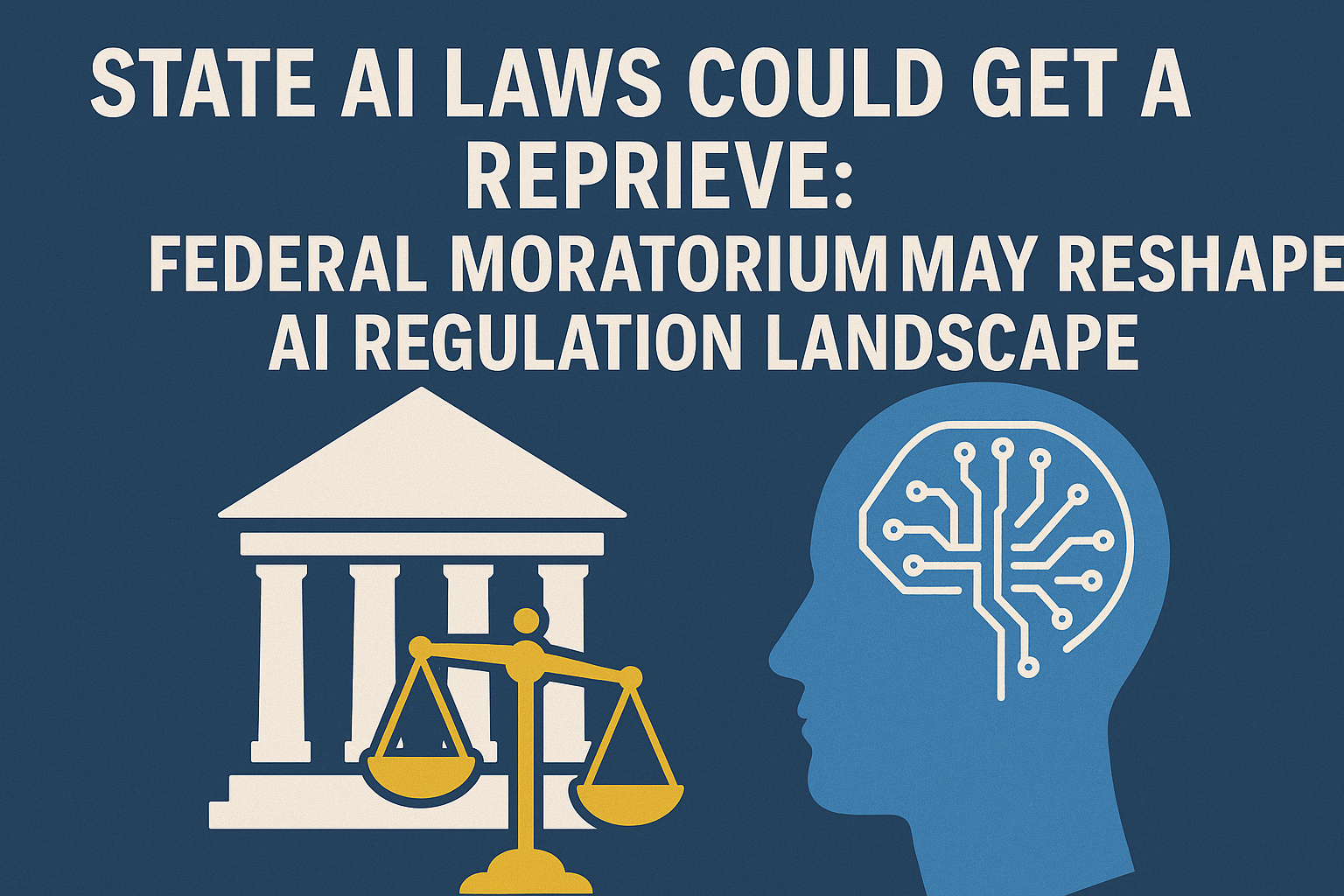As artificial intelligence becomes more deeply embedded in American life—from courtroom algorithms to autonomous vehicles, state governments have rushed to fill the policy vacuum. But a federal AI moratorium now under consideration in Washington may give state lawmakers pause, potentially reshaping the future of AI regulation across the country.
The Patchwork of State AI Legislation
States like California and Utah have introduced bold initiatives aimed at defining ethical guardrails for AI use, including requirements for transparency, data governance, and algorithmic bias audits. This surge in state AI legislation underscores the growing urgency to protect citizens amid rapid technological advances.
However, critics argue that the state-by-state approach could stifle innovation and create compliance chaos. Companies developing and deploying AI tools are already facing a minefield of differing rules, prompting calls for a uniform framework.
Congress Eyes Unified AI Policy
In response, several U.S. lawmakers are now pushing for a federal moratorium on certain high-risk AI applications, citing concerns over civil liberties and national security. A congressional AI policy could override or preempt state laws, bringing much-needed clarity but also potentially stripping states of regulatory autonomy.
“While states have shown initiative, we need a cohesive national strategy,” said Senator Mark Warner, a proponent of the federal plan. “AI doesn’t stop at the state border.”
Tech Industry Lobbying for Federal Standards
The tech industry—long wary of a fragmented regulatory environment—is lobbying hard for AI governance frameworks that are federally standardized. Major firms argue that without a consistent set of rules, AI innovation risks being slowed by inconsistent AI compliance demands.
Some lobbyists have even called for a pause on state legislation until federal guidelines are solidified, reinforcing the momentum for a top-down approach.
State vs. Federal: The Next Policy Flashpoint
The looming question is whether federal lawmakers can craft legislation that balances safety with innovation, while respecting state sovereignty. The state vs. federal regulation debate is intensifying, and AI policy may soon become a central theme in 2025 election platforms.
For now, all eyes are on Capitol Hill. If a moratorium is passed, state AI laws may not just get a reprieve—they could get a full-blown rewrite.



